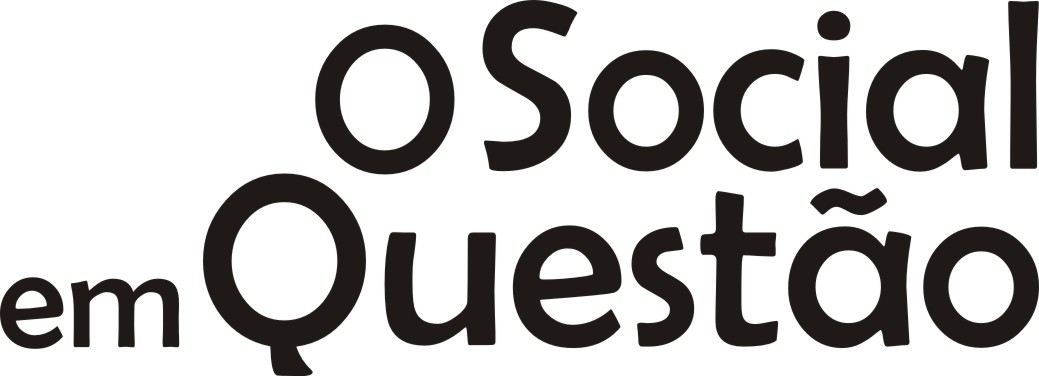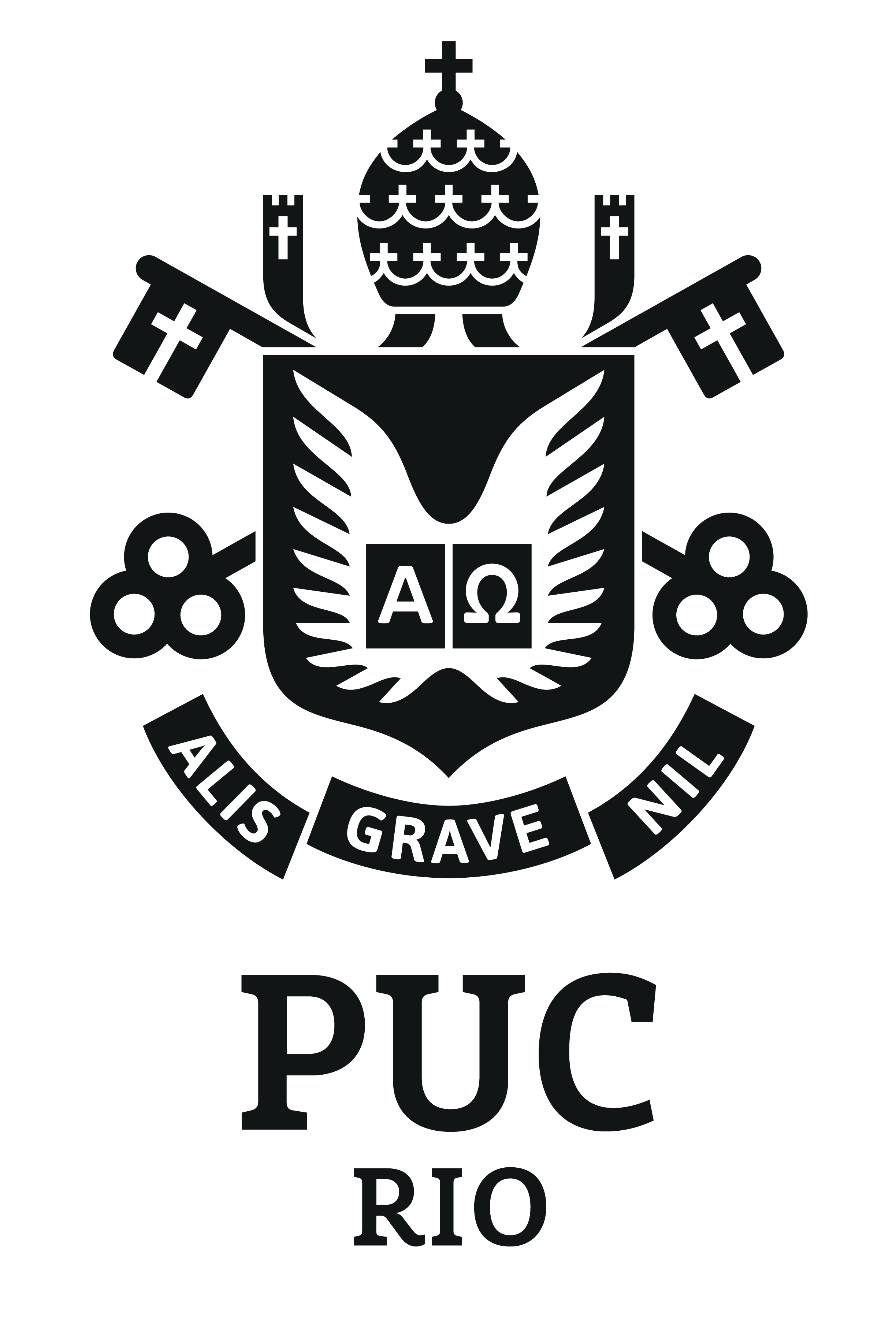
Exceto quando informado em contrário, aplica-se a esta obra os termos de uma licença Creative Commons Atribuição-NãoComercial 4.0 Internacional.
Copyright: @ 2000-2020 PPGCOM/PUC-Rio.
TÍTULO
DATA DE CATALOGAÇÃO:
19/04/2023
AUTORES
DOI
PALAVRAS-CHAVES
CHILD PARTICIPATION; CHILDREN S RIGHTS; DECOLONIALITY; LEARNING;
RESUMO
article considers how decolonial learnings can contribute to (re)imagining children s
participatory rights. We first situate decolonial learning and its relation to
children s participation. We then explore some implications as it relates to the connection
between children s participation rights and other key articles in the UNCRC,
namely three guiding principles of the convention: non-discrimination (article 2);
best interests (article 3); and right to life, survival, and development (article 6). As part
of deconstructing the ways participatory rights have been shaped by colonizing projects
and to explore alternative ways of thinking and doing, we offer some probing
questions designed to redirect and shape a (re)imagining of children s participation.

